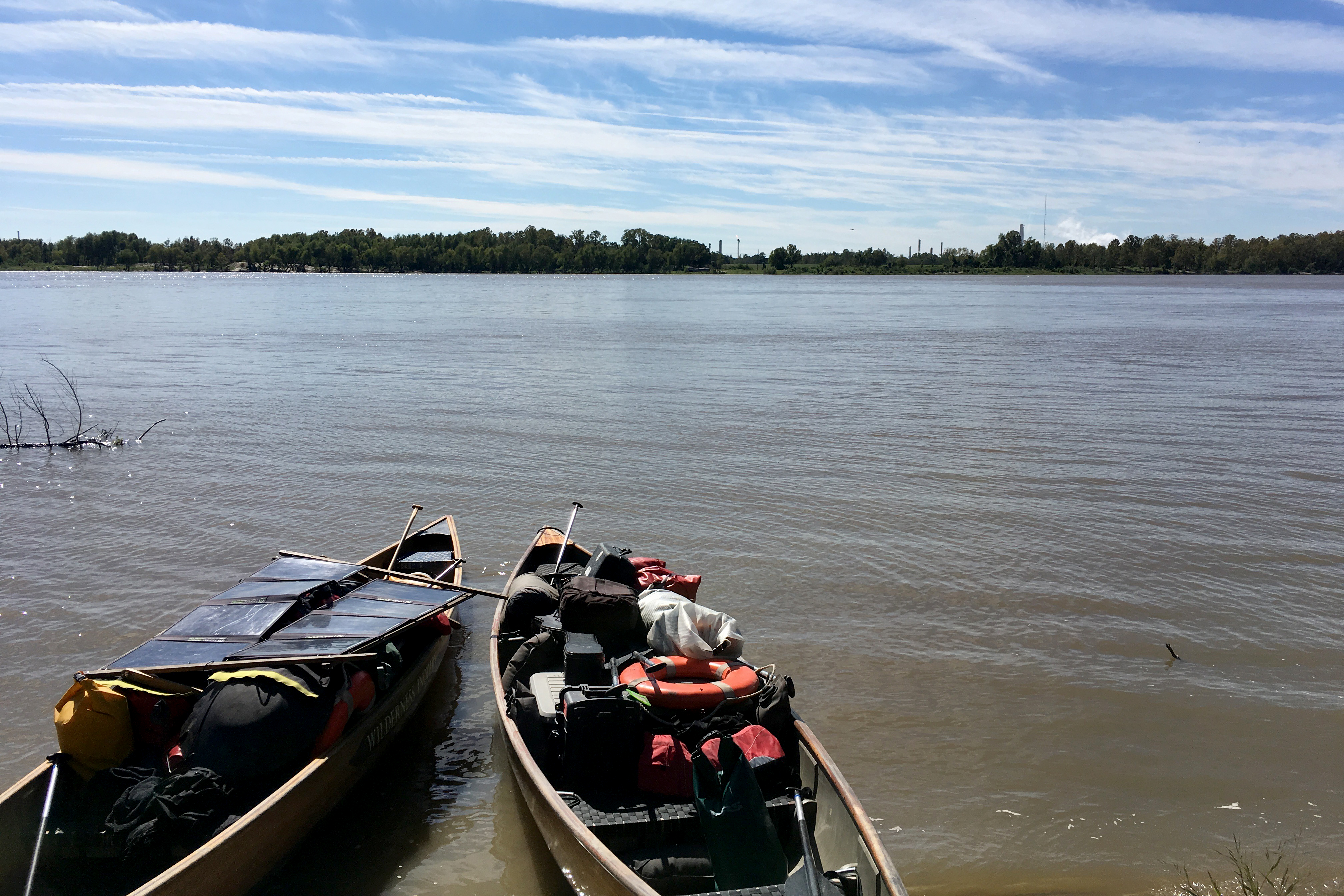Sensorial Ecologies
Margarida Mendes
Past

Sonic Literacy and Restorative Listening in Watery Worlds
Listening practices have been used to monitor and register ecosystems by a wide range of sound artists, researchers, scientists, and activists, who have directed their attention towards sound as a medium to trace the present environmental crisis. Sensorial Ecologies introduces different sonic investigations, exploring how sonic practices can be mobilised towards ecological and community reparation, proposing a series of ecopedagogical experiments and a renewed gaze towards sonic literacy.
This dissertation project comprises a series of sonic investigations in the North Atlantic Ocean, Lower Mississippi petrochemical corridor, and mid-Tejo river, where I reflect how practices of listening shape one’s understanding of the environment, which is mediated by sensing infrastructures, interspecies interactions, and the impacts of extractive industries. This research addresses the ecological relations that listening enables, and its possible intervention as a restorative tool, exploring how sensory practices may attend to environmental grief and do justice to more reciprocal interspecies relations.
Sensorial Ecologies probes how one’s conceptualisation of ecology is ever shifting and should be understood as including a multiplicity of co-emergent technological, environmental, and bodily interactions. By addressing the potentials of sensory perception, it proposes that a renewed investment in sonic literacy might challenge ideas of ecological partition and fixity, and how different understandings of listening practices may help us reframe acts of conservation, infrastructural mediation, and work towards a decolonial
ecology.
Listening practices have been used to monitor and register ecosystems by a wide range of sound artists, researchers, scientists, and activists, who have directed their attention towards sound as a medium to trace the present environmental crisis. Sensorial Ecologies introduces different sonic investigations, exploring how sonic practices can be mobilised towards ecological and community reparation, proposing a series of ecopedagogical experiments and a renewed gaze towards sonic literacy.
This dissertation project comprises a series of sonic investigations in the North Atlantic Ocean, Lower Mississippi petrochemical corridor, and mid-Tejo river, where I reflect how practices of listening shape one’s understanding of the environment, which is mediated by sensing infrastructures, interspecies interactions, and the impacts of extractive industries. This research addresses the ecological relations that listening enables, and its possible intervention as a restorative tool, exploring how sensory practices may attend to environmental grief and do justice to more reciprocal interspecies relations.
Sensorial Ecologies probes how one’s conceptualisation of ecology is ever shifting and should be understood as including a multiplicity of co-emergent technological, environmental, and bodily interactions. By addressing the potentials of sensory perception, it proposes that a renewed investment in sonic literacy might challenge ideas of ecological partition and fixity, and how different understandings of listening practices may help us reframe acts of conservation, infrastructural mediation, and work towards a decolonial
ecology.